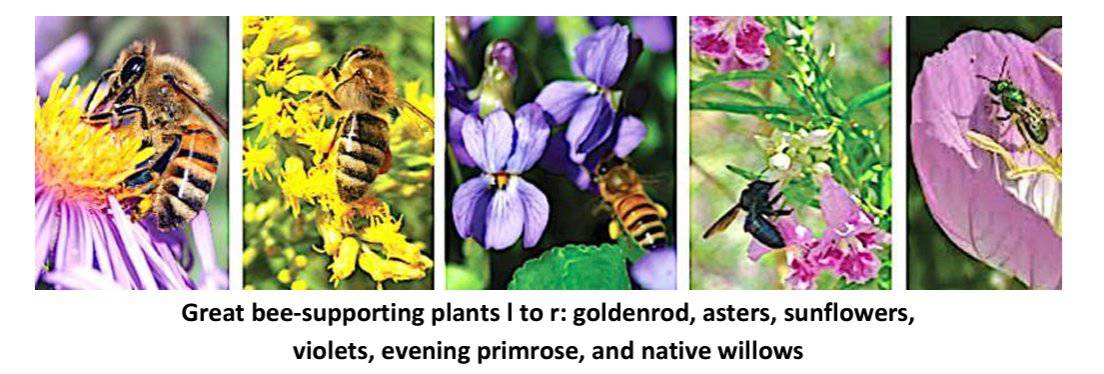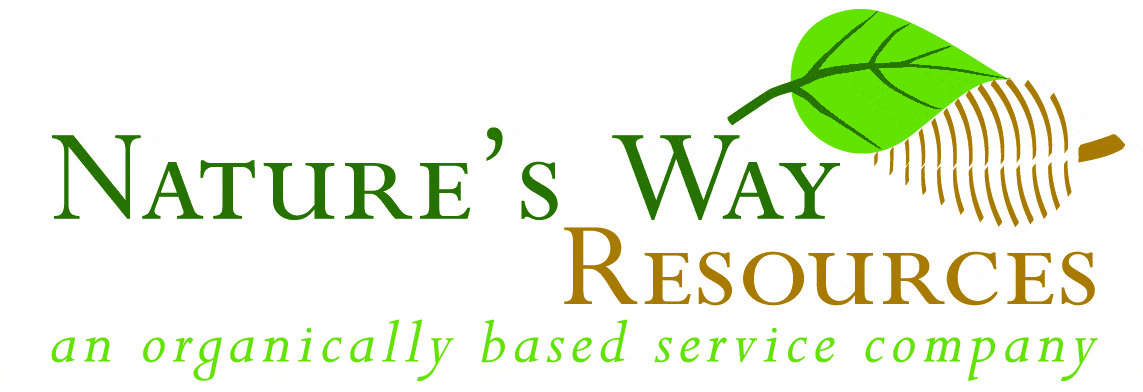WE CAN REVERSE INSECT DECLINES!
By Doug Tallamy “Bringing Nature Home: How Native Plants Sustain Wildlife in Our Gardens”

In 1987, E.O. Wilson challenged conventional wisdom by claiming that insects were the little things that ran the world. If insects were to disappear, he explained, so would nearly all flowering plants and the food webs they support. This, in turn, would cause the extinction of reptiles, amphibians, birds, and mammals: in essence, nearly all multicellular animal life forms on earth. The loss of insects would also end rapid decomposition and nutrient recycling. And, oh yes, humans would be among the species that would not survive in a world without insects.
Though sobering, Wilson’s dire predictions were considered little more than theoretical musings, because few people in 1987 were worried that insects would ever decline, let alone disappear entirely. In fact, we were far more interested in discovering new ways to kill them in our homes, lawns, forests, and crops.
Unfortunately, we are now learning that our global war on insects has been enormously successful. Industrial agriculture, millions of miles of road hazards, unnecessary night lights, overuse of pesticides, habitat elimination, tens of millions of acres of sterile lawn, and the widespread replacement of the native plant communities that generate insects with introduced ornamental plants that do not, have caused a 45% decline in insect populations just in the last 40 years. Headlines like “Insect Apocalypse is Here” and “UN predicts the Extinction of 1 Million Species” are alerting us to the mess we have made of the ecosystems that we depend on, but there is little discussion about what can be done to reverse this unacceptable trend.
The good news is that there is nothing inevitable about insect declines. We can and must restore insects to our landscapes, and we must do it now. Here are five things each home owner can do to help solve this problem:
1) Cut your lawn in half. We are wasting an area the size of New England with this ecologically destructive status symbol.
2) Remove invasive plants from your property. By definition, these plants spread to natural areas where they displace valuable native plant communities.
3) Plant more of the native plants that support the most insect species. You can find out which plants are best in your county by visiting Native Plant Finder at the National Wildlife Federation website.
4) Minimize insecticide use. Homeowners use more insecticide than all of agriculture, and nearly all of it is unnecessary.
5) Build pollinator gardens with specialist pollinators in mind. Plants like, l to r above: goldenrod, asters, sunflowers, violets, evening primrose, and native willows are best at supporting native bee specialists.

